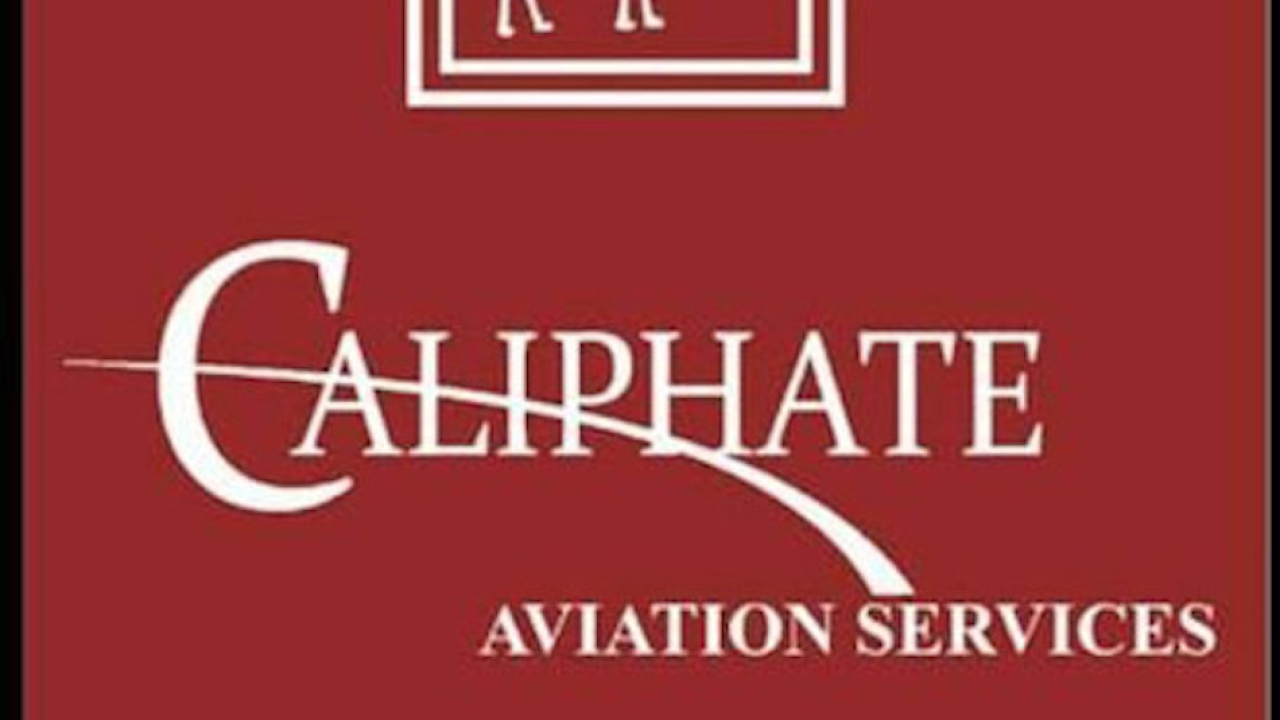FSI simulator deal is right on Q
Demand for simulators across Africa is growing. Keith Mwanalushi looks at a recent initiative to support Q400 pilot training in Kenya.

Following the acquisition of the Q400 programme, De Havilland Canada aims to bolster its presence in Africa.
During the 2019 Dubai Airshow, the company announced commitments for up to 37 Dash 8-Q400s and showcased an aircraft on static display operated by Jambojet, a brand of Kenya Airways.
The announcements included a mix of firm orders and letters of intent from various operators, including Nigeria-based Elin Group, and a handful signed by the Republic of Ghana for its own start-up carrier.
Also, the company reaffirmed its commitment to operators in the region with the addition of two authorised service facilities to its network.
The number of Q400s in Africa is increasing, with a limited number of simulators to support the training. The Dash 8-400 fleet in Africa today has 87 aircraft in service and on order with 20 operators, but is only served by around three simulators – according to Jambojet.
Consequently, in July 2019, Kenya Airways, along with Jambojet and Flight Safety International (FSI), signed a tripartite agreement that will see FSI provide a Q400 simulator to support training of cockpit crew and maintenance teams.
“There’s a shortage of Q-400 simulators within a close proximity,” said Jambojet chief executive, Allan Kilavuka.
He added that the simulator would help enhance training and safety of Q-400 operators in the region, as well as reduce training costs. “We are glad to be in partnership with an organisation with similar commitment to safety as us, and we will rely on their knowledge and skills, which will help to enhance our continued focus on safety and reliability.”
Jambojet operates a handful of Q-400s; the fleet is expected to reach 15 aircraft by 2021 as part of the airline’s expansion strategy.
Both Kenya Airways and Jambojet are looking to leverage on FSI’s wealth of experience in simulator technology to get more pilots trained up.
Kilavuka said the new simulator, installation of which is scheduled to be complete this month, will not only be used by Jambojet as the anchor tenant, but it will also be available to other Q-400 operators in Africa. The new equipment will further reduce training costs at the low-cost carrier by at least 10%, he indicated.
Todd Young, chief operating officer at De Havilland Canada, agreed that the new simulator is a significant step in developing local capacity within the region. “It also bolsters the support infrastructure for the aircraft from which to build a larger pool of pilots,” he said. “The Dash 8 is an entry-level aircraft for many commercial pilots, who will eventually move on to larger aircraft, so we are happy to support the overall development of the aviation sector.”
Before this most recent simulator addition in the region, operators would incur significant costs in travel, logistics, and incidental expenses associated with pilots and mechanics training.
Young said: “At the rate of approximately 8-10 pilots and 3-5 technicians per aircraft, these numbers add up with the mix of initial type rating training, and recurrent training sessions. With the simulator capacity made available locally, African-based Dash 8 operators will benefit from savings on travel cost and pilot time away from the business.”
The simulator is also expected to increase proficiency by enabling pilots to train more often.
“De Havilland Canada applauds FlightSafety International, Kenya Airways and Jambojet on this agreement to position a full-flight simulator for the Dash 8-400 aircraft in Nairobi to support high-quality crew training in the region,” Young said. “This development is a testament to the growing size of the fleet, and the Dash 8-400’s flexibility to meet diverse operating environments in Africa and the Middle East.”
Kilavuka said his airline’s focus was to ensure and maintain the highest possible safety standards in all operations. “We also look for opportunities to improve on our efficiencies and reduce our operating cost. One such way is to bring a simulator closer to our operations. We would then pass on these cost savings and efficiencies to our customers, by improving our operations and making flying more affordable. A Q400 simulator that is easily accessible will be critical in up-skilling the new and existing pilots.”
The new FlightSafety FS1000 simulator will be used by Jambojet and other airlines and will include instructor-led courses. It is installed at the Kenya Airways Pride Centre in Nairobi and qualified by the European Aviation Safety Agency (EASA) and the civil aviation authorities in Kenya.
There will be more than 150 Dash 8 100/200/300/400 aircraft once De Havilland Canada delivers the latest firm orders into Africa this year.
Young said: “This is a very interesting market for us where the Dash 8-400 has greatly outpaced its turboprop and regional jet competitors over these last 10 years.” He anticipates this to be a market that will continue to select the Dash 8-400 based on its hot and high-performance characteristics, high payload and the need to fill in market gaps, where little to no air connectivity exists today but requires a cost-efficient and high performing aircraft.
Stay up to date
Subscribe to the free Times Aerospace newsletter and receive the latest content every week. We'll never share your email address.

